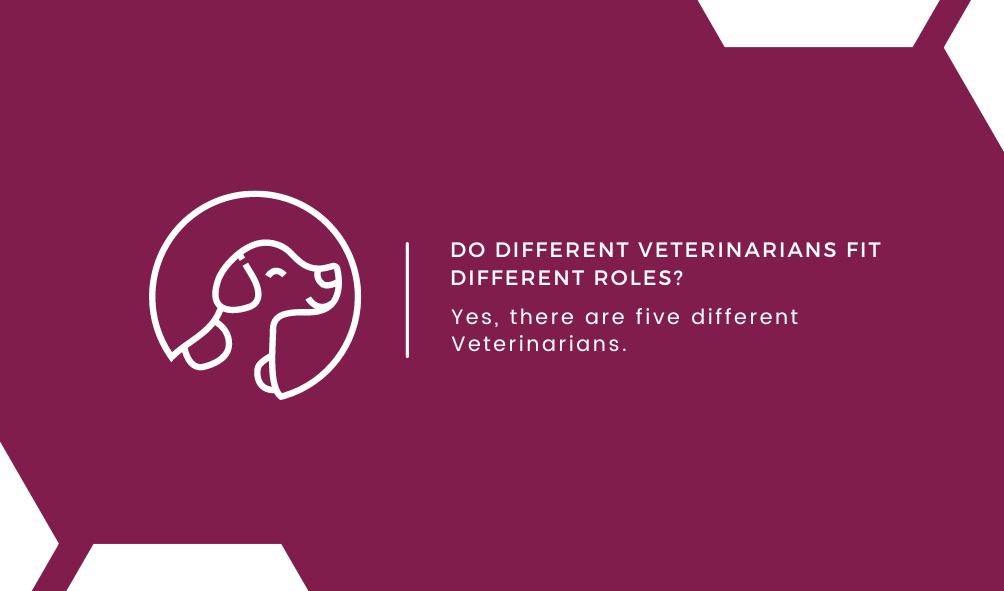When several specialized institutions were founded throughout Europe during the 18th century, veterinary science became a recognized discipline. Since then, it has developed into a sophisticated and complex field that necessitates a protracted and arduous study period before one can qualify as a qualified practitioner. Similar to how medical treatment for humans is competitive and challenging but also highly esteemed, veterinary science offers the benefits of social standing, lucrative employment and wage prospects, and of course, the pleasure of improving the quality of life for animals. Students who are pursuing Veterinary as their specialization often struggles with their assignments. They take help from online experts to do my assignment. They receive quality products from them.
Additionally, you can take less-scientific but equally important veterinary science courses like business management, law and ethics, and communication skills as part of your training for a future in veterinary medicine.
The places where veterinarians work
You are already aware that a veterinarian is a specialist who deals with animals and looks after their medical requirements. However, where do vets work?
There are surprisingly many places where veterinarians are employed. They are employed in the following fields:
- Educational institutions
- Veterinary clinics
- Zoo & aquariums
- Ranches & farming business
- Government agencies
- Pharmaceutical companies
- Veterinary hospitals
As you can see, veterinarians are employed in a huge range of settings. However, each of these locations might need veterinarians with a specific area of expertise. The numerous kinds of veterinarians you might run into are listed below.
Anesthesia specialists
This expert evaluates the anesthetic hazards for various kinds of animals. Additionally, they help with the administration of anesthetic and analgesic medications. Veterinarians who specialize in anesthesia care for and monitor patients’ well-being make sure that their vital signs continue to be as predicted while attending to their pain levels.
Behavior specialists
There are behavioral specialists for animals, just as there are for humans, such as psychologists and psychiatrists. These veterinarians have received training in animal behavior health. Clinical treatment, scientific research, and education are used to accomplish this. An expert in veterinary behavior discusses how an animal’s surroundings, health, and experiences will affect its behavior. Additionally, these vets have received significant training in psychiatric drugs, as well as their negative effects and drug interactions.
Dentistry specialists
Yes, you read it right! Animals too need a dentist. Any conditions connected to dental, oral, or even maxillofacial illnesses are diagnosed and treated by them.
Emergency and critical care
Consider a time when you or someone close to you went to the emergency department. During your appointment, you will eventually be able to see an emergency room physician. The same holds true for critical and emergency care for animals. These veterinarians are employed in intensive care units and emergency departments. Consider the patients these doctors are treating as the sickest of the sick.
Zoo Veterinarians
The large, exotic animals that we see at the zoo are something we cannot overlook. Consider zebras, tigers, bears, and elephants. Who looks after these creatures in the zoo?
The zoo veterinarian can be found here. This doctor specializes in zoological medicine; however, due to the wide range of zoo collection species they work with, they need their own area on this blog. They deal with companion zoo animals as well as sea creatures and free-ranging wildlife.
Radiology
When a bone is broken, a radiologist will take an x-ray and assess the bone’s health. Veterinarians who specialize in radiology operate similarly. The research focuses on a variety of imaging techniques, such as MRIs, ultrasounds, and x-rays. This field also has a section called as radiation oncology, which aids in the radiotherapy treatment of cancer patients.
Surgical veterinarians
Some veterinarians only do surgery, as opposed to providing clinical care like veterinarians for cats and dogs. Orthopedics, soft tissue, and neurosurgery are just a few of the specializations available to veterinarians who do surgery.
Only a small portion of the globe of veterinary specialist focuses is shown here. Veterinarians have an incredible variety of specializations from which to select. We are fortunate to have these experts working in a number of fields so we can make sure our dogs are in the greatest possible condition.
Ophthalmology veterinarians
If you have vision problems, you see an eye doctor to receive glasses. Despite the fact that your pet won’t be wearing goggles, this field of expertise functions as its eye doctor. They research eye illnesses and problems.
Veterinary nutrition
In the field of veterinary medicine, there is a specialist for this, much like you can visit a nutritionist or dietitian. A veterinary nutritionist handles the research and application for your pet’s diet and nutrition; all are related to disease prevention and health.
Animal welfare
Animal welfare is promoted by veterinarians that specialize in this field. These veterinarians are specially qualified to operate in regular veterinary practices, educate the public, and address other pressing issues relating to animal care.
Students occasionally encounter difficulties and want academic support for these veterinary science assignments. Students are able to achieve top ratings for their various projects as a whole by seeking the help of academic suppliers who are renowned for producing high-quality papers.


